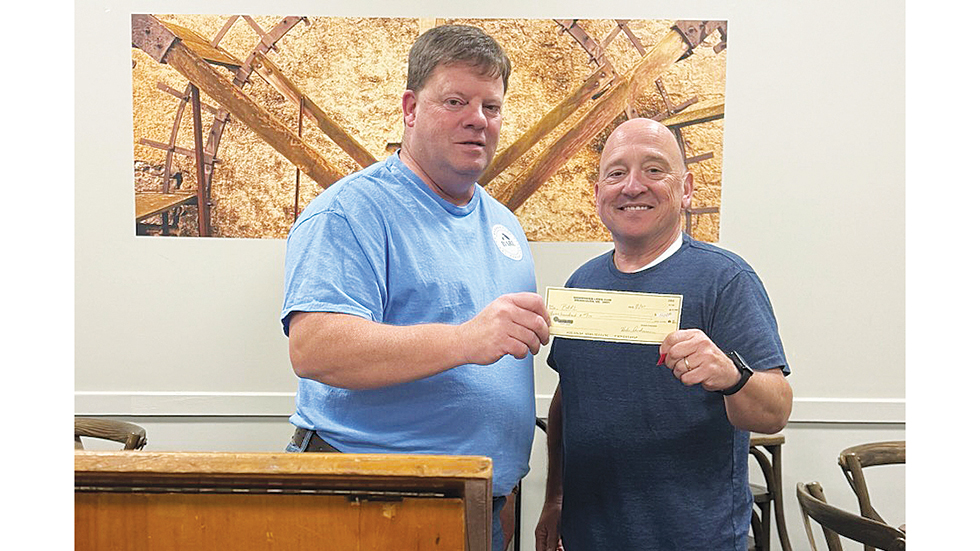Plant property transfer finalized
Published 8:00 pm Thursday, April 12, 2012
The city of Brookhaven has taken possession of the final building on the old Stahl Urban manufacturing site.
The transfer process has been under way for several months but seems to have now been completed, said city attorney Joe Fernald Wednesday.
“My understanding is the property is ours,” Fernald said.
Trending
Deputy City Clerk Marsha Fairman confirmed the city is in possession of the deed, and Mayor Les Bumgarner said he now has the keys.
There are three buildings on the former manufacturing site, and the city now has acquired all three by donation.
The city previously owned the main plant, and one of two warehouses located on either side of the plant. The latest donation puts the city in ownership of that second warehouse.
City leaders remain undecided about what to do with the new building.
“The mayor wants to move the city barn over there,” Fernald said, adding he’s not sure whether that idea has traction or not.
Bumgarner declined to state any specific ideas for the property.
Trending
“I think it’s got a lot of potential,” Bumgarner said. “It will definitely be used by the city.”
Both warehouses on site are rented by Bert Carollo, owner of Sola Fide, Inc. Carollo has used the warehouses primarily for storage.
Local chamber of commerce Executive Vice President Cliff Brumfield said Carollo holds a lease to the warehouses, but was unsure when the lease expires.
The Brookhaven-Lincoln County Chamber of Commerce has owned an interest in the warehouse the city has previously possessed. The current status of the chamber’s ownership is unclear.
Brumfield said the chamber is more than willing to cooperate with the city.
M.C. “Bud” Urban Jr. donated the main plant and one of the warehouses to the city in 2006. Urban died in 2009, and SUCO Corporation, which he had been president of, moved late last year to donate the final building to the city.
Representatives of SUCO Corporation, which had owned the building, initiated the donation process several months ago. City leaders were initially optimistic the transfer could take place by January of 2012, but the need for an environmental study slowed the process down.
Fernald said, initially, an environmental study was not going to be done. However, city officials eventually decided the move was a good idea.
The environmental study concluded there were no problems with the warehouse. The study did not investigate the other buildings on the site.
There are known problems, however, with the original plant building.
“There’s asbestos in it,” Fernald said. “Tearing it down will be very expensive.”
The new warehouse obtained by the city may have a clean environmental bill of health, but work remains to be done.
“We’re cleaning it up and fixing it up and I think it will be an asset,” Bumgarner said.





